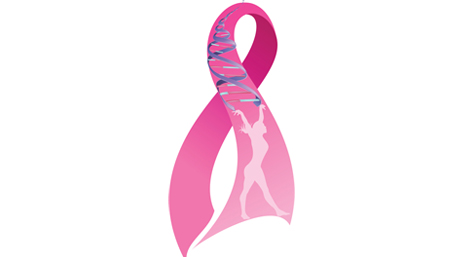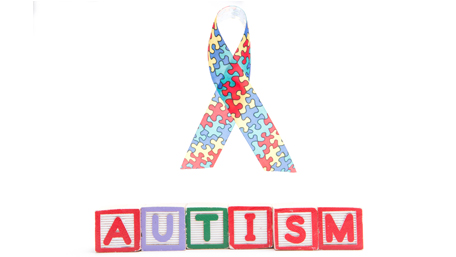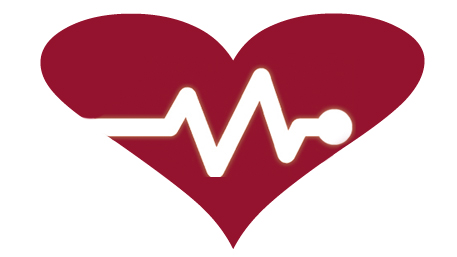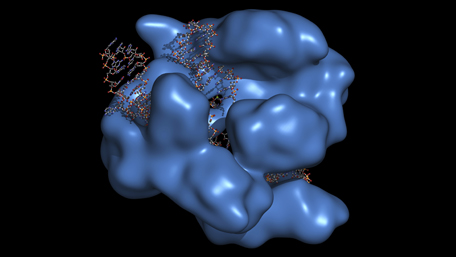
10/14/2020
Hot Topics of the Day are picked by experts to capture the latest information and publications on public health genomics and precision health for various diseases and health topics. Sources include published scientific literature, reviews, blogs and popular press articles.
Sign up MyPHGKB to receive the daily hot topic email alert.
Archived Hot Topics of the Day By Date
Found: genes that sway the course of the coronavirus
J Kaiser, Science, October 13, 2020
Magnitude, demographics and dynamics of the effect of the first wave of the COVID-19 pandemic on all-cause mortality in 21 industrialized countries
V Kontis et al, Nature Medicine, October 14, 2020
Predictors of mortality in hospitalized COVID-19 patients in Athens, Greece
D Gianoglou et al, MEDRXIV, October 14, 2020
COVID-CT-Mask-Net: Prediction of COVID-19 from CT Scans Using Regional Features
AT Sarkisov, MEDRXIV, October 14, 2020
Prioritisation of population groups with the most interactions for COVID-19 vaccination can substantially reduce total fatalities
J Rodriguez et al, MEDRXIV, October 14, 2020
SARS-CoV-2 sequencing reveals rapid transmission from college student clusters resulting in morbidity and deaths in vulnerable populations
CS Richmond et al, MEDRXIV, October 14, 2020
Predicting mortality of individual COVID-19 patients: A multicenter Dutch cohort
MC Ottenhoff et al, MEDRXIV, October 13, 2020
From a small town in North Carolina to big-city hospitals, how software infuses racism into U.S. health care
C Ross, Stat News, October 13, 2020
Family History Plays Key Role in Germline Testing for Hereditary Breast and Ovarian Cancers
E DiNapoli, Onc Live, October 12, 2020
As genome-editing trials become more common, informed consent is changing
Science Daily, October 12, 2020
The influence of common polygenic risk and gene sets on social skills group training response in autism spectrum disorder
D Li et al, NPJ Genomic Medicine, October 12, 2020
Disease-specific variant pathogenicity prediction significantly improves variant interpretation in inherited cardiac conditions.
Zhang Xiaolei et al. Genetics in medicine : official journal of the American College of Medical Genetics 2020 Oct
Gene therapy and gene correction: targets, progress, and challenges for treating human diseases
MC Kring et al, Gene Therapy, October 2020
Disclaimer: Articles listed in Hot Topics of the Day are selected by Public Health Genomics Branch to provide current awareness of the scientific literature and news. Inclusion in the update does not necessarily represent the views of the Centers for Disease Control and Prevention nor does it imply endorsement of the article's methods or findings. CDC and DHHS assume no responsibility for the factual accuracy of the items presented. The selection, omission, or content of items does not imply any endorsement or other position taken by CDC or DHHS. Opinion, findings and conclusions expressed by the original authors of items included in the Clips, or persons quoted therein, are strictly their own and are in no way meant to represent the opinion or views of CDC or DHHS. References to publications, news sources, and non-CDC Websites are provided solely for informational purposes and do not imply endorsement by CDC or DHHS.
- Page last reviewed:Feb 1, 2024
- Page last updated:Apr 18, 2024
- Content source:








